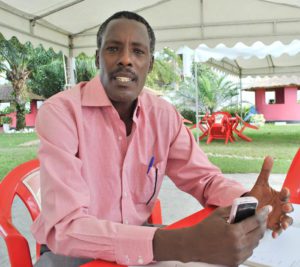
Emmanuel Mashandari: “Communes will not be able to financially and technically manage these teachers at all”
During the closing ceremony of the campaign held in all 119 communes of the country on 28 October, Révérien Ndikuriyo, the senate speaker insisted on the need to decentralize primary and secondary education services including staff payment.
Stella Budiriganya, the senate spokesperson says the idea resulted from the suggestions of the population. “They really need an effective decentralization of the management of the teaching staff at the communal level. The duty of the communes will be to manage the personnel as well as their salaries”, she says. As for teachers who would seek to be transferred to other localities, the spokesperson of the senate says they will have to present an application letter to their communal administration which will either approve or reject it.
However, the statement by the senate speaker does not go down well with CONAPES, the union of teachers. Emmanuel Mashandari, the chairman of the union wonders if the government wouldn’t be completely suspending the ministry of public work as teachers represent 82% of the Burundian civil servants.
For him, different communes of the country suffer staff shortages. “They do not exceed a staff of 10 people each. They are not even able to regularly pay salaries of their staff. We wonder how each commune can handle as many teachers as 500. Rumonge Province has, for instance, over 60 schools with an average of 8 teachers for each school”, he says.
Mashandari says communes will not be able to financially and technically manage these teachers at all.
As for transferring teachers from one commune to another, Mashandari says the transfer is the right for all civil servants as it is recognized by the regulations underlying the public service. “Teachers would rather expect to have their living and working conditions improved”, he concludes.

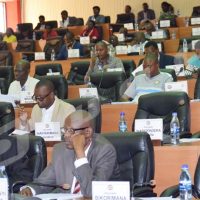

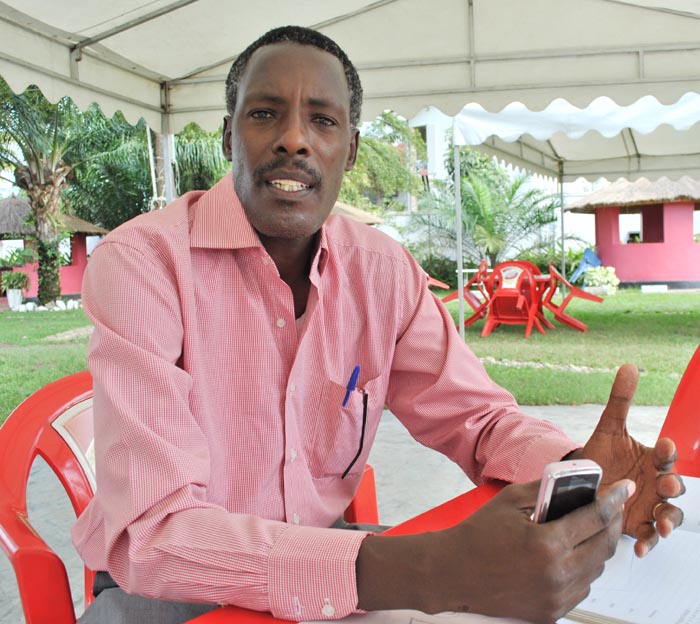
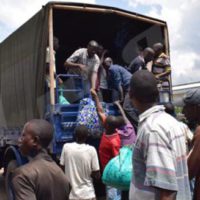
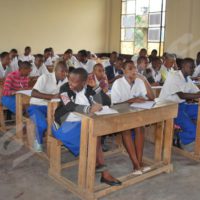













 IWACU Open Data
IWACU Open Data

